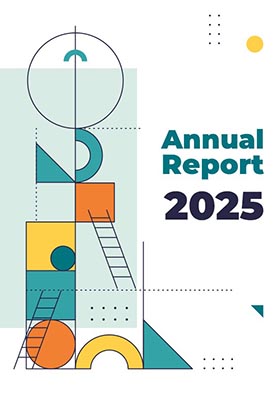JERUUSALE | Al-Quds University recently hosted Prof. Mark Pallen, a prominent research leader from the Quadram Institute, UK, for a workshop on "Bioinformatics and the Biomedical Sciences".
Held in coordination with the office of Dean of Scientific Research, the workshop was attended by students in the Master’s programs of Biochemistry and Molecular Biology, as well as medical students and researchers in the field. It was followed by a practical application for the Linux operating system that relates to Bioinformatics.
Dr. Pallen, who is also a professor of Microbial Genomics at the University of East Anglia introduced his presentation with a historical review of the contributions of the Arab scientists to the evolution of Algorithms, highlighting specifically the role of Al-Khwarizmi who is considered the founding father of this branch of mathematical sciences. Pallen provided a detailed explanation on the science of genome sequencing (“Next” Generation Sequencing) and how it is linked to physiology.
He pointed to his own discovery of "Urase” enzyme, comparable to plant-related “Urase" enzyme, while elaborating on the development of genome sequencing between 1977 and 2015, and how it addressed the need for Bioinformatics.
Professor Pallen praised the close cooperation with Al Quds University through working with Dr. Suheir Erekat, of the Faculty of Medicine, on a joint research on the diagnosis of diseases transmitted by ticks, whether from animal to animal or from animal to human, by applying modern decomposition methods.
Pointing to the importance of their study, Prof. Pallen said that “it is the first time in the world that the code of Rickettsia, a barbaric type of bacteria, and that of a pathogenic deadly dog virus found in ticks in Palestine are sequenced”.
Dr. Pallen and Erekat’s research is published in PLOS Neglected Tropical Diseases (PLOS NTD), a tropical medicine journal of high impact factor.
Al-Quds University seeks to attract distinguished researchers with expertise in the various fields of knowledge, especially scientific fields, based on its keen interest to promote scientific research. It also strives to provide all forms of support to its undergraduates and graduates to enable them to have access to further theoretical information and practical training and to professionally qualify them for the work market.




















